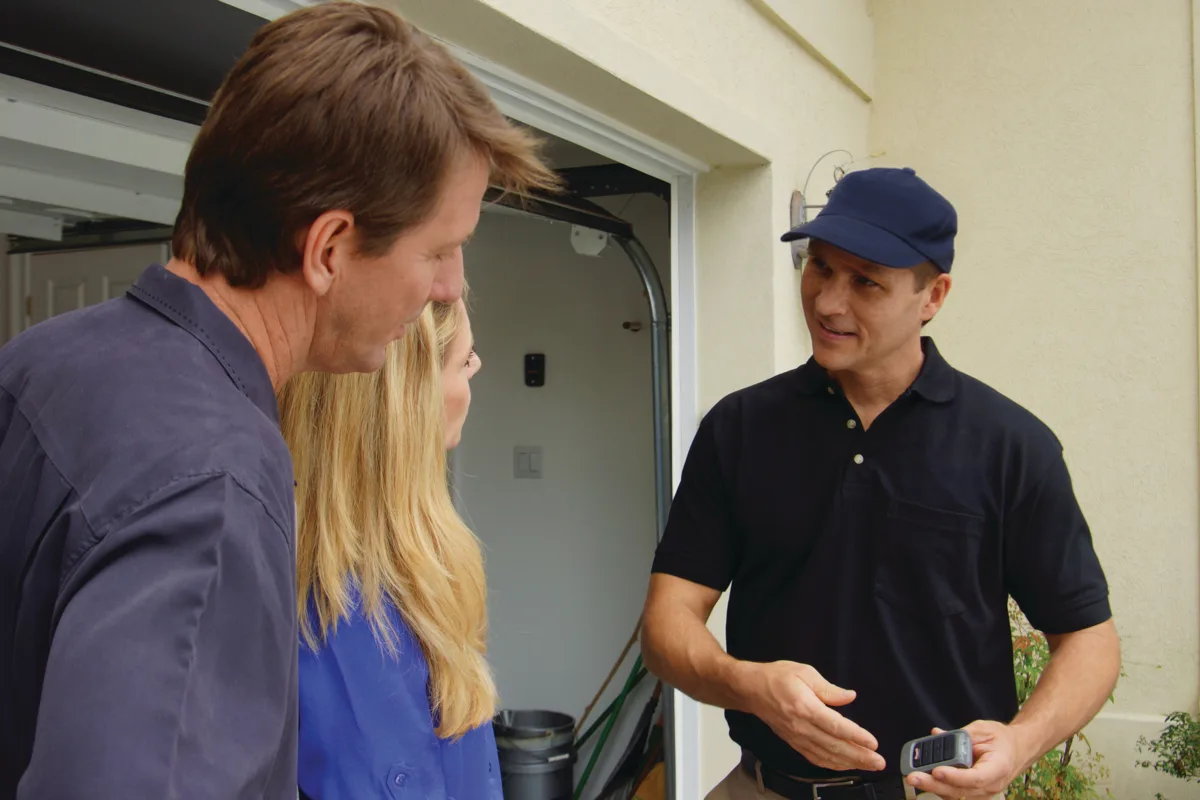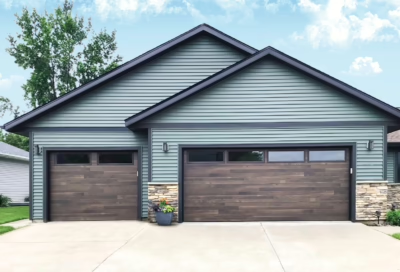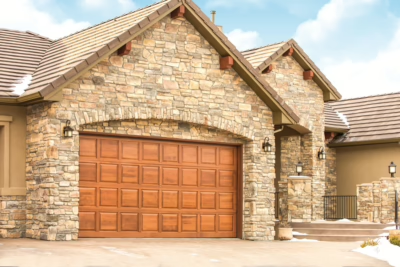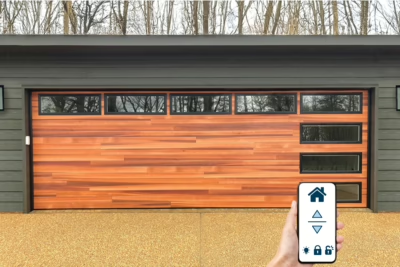A noisy garage door opener can be more than just an annoyance — it can signal underlying issues that, if ignored, may lead to system failure or costly repairs. Whether it’s squeaking, grinding, rattling, or clanking, every sound tells a story about the health of your garage door system.
In this guide, we’ll break down the most common causes of garage door opener noise, how to identify them, and what you can do to fix the problem. From simple DIY maintenance to signs that you may need professional help, this article is designed to help homeowners troubleshoot effectively and protect their investment.
Why Garage Door Opener Noise Matters
Garage doors and their openers are designed to operate relatively quietly. Unusual or escalating noise can indicate:
- Worn or misaligned components
- Lack of lubrication
- Loose hardware
- Damaged rollers or tracks
- Motor or drive system problems
Catching these issues early can extend the lifespan of your system and help you avoid emergency repairs.
1. Identify the Type of Noise
Understanding what kind of sound your garage door opener is making is the first step in narrowing down the cause. Here’s a quick reference guide:
Sound
Squeaking
Grinding
Banging
Rattling
Humming
Popping
Possible Cause
Dry or unlubricated hinges and rollers\
Worn motor gear or misaligned track
Loose panels, hardware, or support beams
Vibrations from loose nuts or bolts
Electrical issue or motor strain
Warped tracks or spring tension issues
Each of these noises points to a specific area to inspect.
2. Inspect and Tighten Loose Hardware
Garage doors move multiple times a day, creating regular vibrations that can cause bolts, screws, and brackets to loosen over time. One of the simplest troubleshooting steps is to check and tighten all visible hardware.
What to check:
- Brackets holding the tracks to the wall and ceiling
- Hinges between door panels
- Bolts connecting the opener to the ceiling or beam
- Chain or belt mounting points
Use a socket wrench to snug any loose bolts, but be careful not to overtighten — overtightening can strip threads or warp components.
3. Lubricate Moving Parts
Lack of lubrication is one of the most common causes of squeaking, creaking, or grinding sounds. If you haven’t performed routine maintenance in the last 6–12 months, start here.
Apply a garage door lubricant (not WD-40) to:
- Hinges
- Springs
- Rollers (especially if they’re metal)
- Bearing plates
- Opener chain or screw drive
Avoid over-lubricating, which can attract dust and debris. A small amount applied evenly goes a long way.
4. Check the Rollers
Rollers allow your door to glide smoothly along its tracks. When they wear out or break, they often create a loud grinding or rattling noise.
Types of rollers:
- Metal rollers (with or without bearings): Loudest type, more prone to wear
- Nylon rollers: Quieter and often longer-lasting
Inspect each roller for:
- Cracks or chips
- Loose movement on the shaft
- Excessive wobbling
If any rollers appear damaged, replacing them can dramatically reduce noise. Nylon rollers are an excellent upgrade for quieter operation.
5. Examine the Opener Drive System
The opener itself may be the root of the problem. Most garage door openers use one of three drive systems:
- Chain drive: Durable but typically noisier; may rattle or slap if loose
- Belt drive: Quiet and smooth; may squeak if worn or misaligned
- Screw drive: Moderate noise; requires regular lubrication
Listen closely to determine if the noise originates from the motor or drive system. You may need to:
- Tighten a sagging chain
- Replace a frayed belt
- Lubricate a screw drive
- Inspect motor gears for wear
If your opener is more than 10–15 years old, the motor itself may be wearing out, and replacement could be more cost-effective than repair.
6. Inspect the Garage Door Tracks
Bent, warped, or misaligned tracks can cause the door to scrape or bang as it moves.
Look for:
- Gaps between the rollers and track
- Spots where the track bows or bulges
- Misalignment between vertical and horizontal sections
You can gently tap misaligned sections back into place using a rubber mallet, but major damage may require professional adjustment or replacement.
7. Look at the Springs
Garage door springs — torsion or extension — carry much of the door’s weight. While they’re not directly part of the opener, problems with springs can cause strain and lead to noisy or uneven door operation.
Warning signs:
- Loud popping or clanging during movement
- Visible gaps in torsion springs
- Uneven opening or closing
Important: Springs are under high tension and can be dangerous to adjust without proper training. If you suspect a spring issue, call a garage door professional immediately.
8. Consider the Age and Model of the Opener
Sometimes, the issue isn’t a mechanical failure — it’s simply that your opener is outdated. Older models (especially pre-2010 chain drives) tend to be significantly louder than today’s newer, belt-driven or DC-powered options.
If your opener:
- Lacks noise-reducing technology
- Vibrates excessively
- Is missing modern safety features
…it may be time to upgrade to a quieter, more efficient model.
Real-World Scenario: Solving a Persistent Grind
A homeowner in Dallas noticed a loud grinding noise every time their garage door opened, especially in cold weather. Upon inspection, they found that:
- The opener’s chain was sagging
- Rollers were rusted and grinding against the tracks
- No lubrication had been applied in over two years
After tightening the chain, replacing the worn metal rollers with nylon ones, and applying proper lubricant to all moving parts, the noise dropped significantly — and the door now opens smoothly and quietly.
When to Call a Professional
Some garage door noises can be fixed with a little maintenance. But in cases involving:
- Spring tension adjustments
- Electrical issues with the opener
- Severe track misalignment
- Gear or motor replacement
…it’s safer and more effective to call a professional technician. An expert can diagnose complex problems, perform safe repairs, and help you evaluate whether a replacement is more cost-effective.
Final Thoughts
A noisy garage door opener isn’t something you have to live with — and it usually isn’t something you should ignore. Identifying the source of the sound and performing a few basic checks can help you fix the issue before it turns into a bigger problem.
Regular maintenance, timely inspections, and smart upgrades can go a long way toward keeping your garage door system running quietly and reliably for years.



